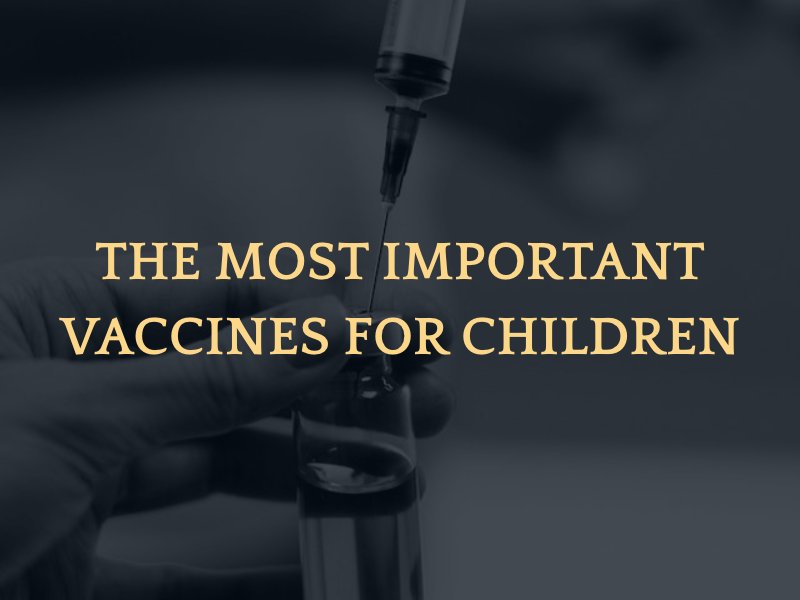
No parent enjoys the idea of injecting their beloved child with a cocktail of mysterious vaccine ingredients, yet historically, parents received the news of novel, life-saving vaccines with joy and wonder. A simple walk through an old cemetery helps today’s parents understand the critical importance of life-saving vaccines for children who once commonly died from diseases like mumps, diphtheria, pertussis, and polio which are now entirely preventable. It’s an inarguable fact that vaccines have saved a far greater number of lives than any other medical intervention in human history. For legal advice, consult an Arizona medical malpractice attorney.
Vaccines Recommended for Infants From Birth to 11 Months
Infants typically receive their first vaccines before leaving the hospital or birthing center after their birth. Most neonatal care schedules include the first of three vaccinations against hepatitis B infections. Hepatitis B infection has negative lifelong complications for the liver, causing an incurable illness commonly leading to liver disease and liver cancers.
On a pre-set schedule between birth and 11 months, the CDC recommends infants receive the following vaccines:
- A second dose of Hepatitis B vaccine
- A combined vaccination for Diptheria, Tetanus, and Pertussis (Whooping Cough), commonly called the DTaP
- Polio vaccine
- Haemophilus influenzae Type B (HIB) vaccine
- Pneumococcal vaccine
- Rotavirus vaccine
Infants receive three doses of the above vaccines on schedule at 2,4, and 6 months of age.
Important Vaccines For Children From One to Seven Years Old
Typically, between 12 and 24 months old, children receive additional vaccines to continue developing immunity against diseases that were once common and deadly in children and now have been nearly eradicated in the United States. These vaccines include the following:
- Chicken Pox
- An additional DTaP combination
- Measles, Mumps, and Rubella (MMR)
- Polio
- Pneumococcal
- Hepatitis A
- Hepatitis B
By two years old, the CDC-recommended vaccination schedule protects children against 14 deadly diseases. The CDC also recommends flu and COVID-19 vaccinations for children annually between ages one and seven. Children between seven and ten typically only require vaccinations for these seasonal illnesses.
Vaccinations for Children Aged 11 to 12
Once children become pre-teens, the CDC recommends additional preventative vaccinations. These recommended vaccinations include the following:
- Meningococcal conjugate vaccine
- Human Papillomavirus (HPV)
- Diphtheria, Tetanus, and Pertussis
Additionally, children in this age group should receive seasonal vaccinations for the flu and COVID-19 according to the CDC.
Vaccinations for Continued Protection
Between ages 13 and 18, the CDC recommends vaccinations against seasonal illnesses such as the flu and additional vaccinations for traveling outside of the United States. As students enter college, some universities require additional vaccines such as one protecting against meningitis, particularly for those who live in close quarters such as dorms where meningitis spreads quickly through contact and shared living spaces.
As children age into adulthood, they should check with their doctors during annual physical exams to ensure that they remain up to date on vaccines such as tetanus. Additionally, travel outside of the United States and certain careers may require additional vaccinations.
As adults become seniors, the shingles vaccine is also recommended, particularly for those who had chicken pox infections as children.
